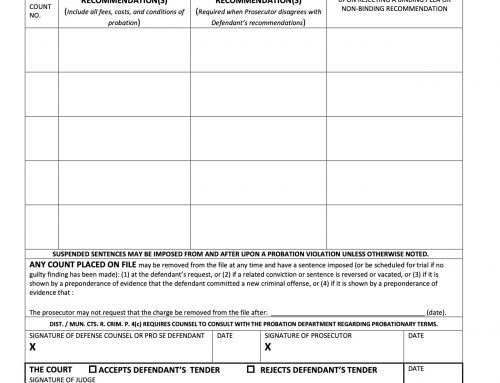In addition to snow, the Metro Boston area has a lot of other assets, such as the fact that we are home to many of America’s top educational institutions. Beyond the academy, we have robust aerospace, defense, robotics and biotechnology industries. Our unique education to employment pipeline fosters innovation and attracts talent worldwide.
Many of our foreign students, scholars and researchers are residing here under the State Department’s J-1 work-study visa program; in fact, there are over 5,000 foreign students and researchers currently in the Commonwealth, most in the Boston area. Many of these J-1 visa holders are here with their spouses and children, who themselves may be granted J-2 visas. J-2 visa holders are afforded the privilege to study and seek employment themselves.
However, privileges come with responsibilities, and J-1 and J-2 visa holders have a heightened responsibility to steer clear of trouble with the law; if they are convicted of certain crimes, they can face deportation. These offenses include: “crimes involving moral turpitude” (more on that in a moment), drug charges, firearms violations and domestic violence. A “conviction” includes not just a guilty finding, but also the popular plea disposition of “continued without a finding” (CWOF). Thus while a CWOF may be a good outcome for a citizen-defendant, such a disposition could subject J-1 and J-2 visa holders to visa revocation and deportation.
**Crimes of moral turpitude, an excellent legal term if ever there was one, include an array of “inherently wrong” offenses, such as: murder, aggravated assault, rape, robbery, arson and fraud. It should come as no surprise that foreign guests who run afoul of the law in these areas should expect a swift reaction from immigration officials.
One category of deportable offense that presents the greatest pitfall to otherwise law abiding J-1 and J-2 visa holders is domestic violence. As domestic violence has come out of the shadows, and the stigma around it has been diminished, authorities in the United States have been taking an increasingly tough stance against offenders. Thus, many local police departments have adopted “mandatory arrest” policies.
Mandatory arrest policies generally state that if police can locate an alleged domestic abuser when responding to a 911 call, that person will be arrested. These policies are gender-neutral and strictly enforced, even over the other party’s objections. Such aggressive police responses may come as a surprise to J-1 and J-2 visa holders. In many countries, police responding to domestic calls act either as mediators, helping diffuse the situation, or protectors, removing the alleged victim from the household. In others yet, the police don’t even get involved. Thus domestic disputes amongst J-1 and J-2 visa holders, or allegations against such an individual, could spell big legal trouble.
If you are a J-1 or J-2 visa holder facing criminal charges, speak with a lawyer! The potential immigration consequences of a conviction can be drastic, and knowledge of the “worst case scenario” will help shape your defense. Don’t go it alone, especially if you are unfamiliar with the customs of our legal and law enforcement institutions.

